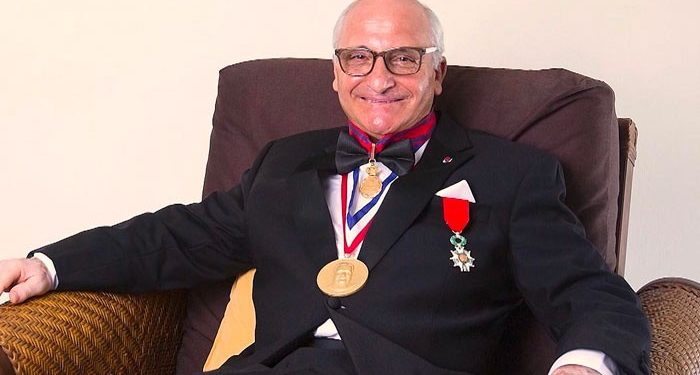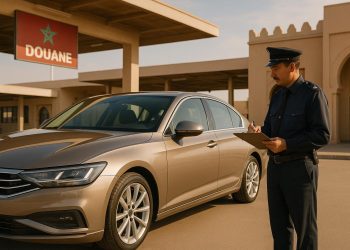Rachid Yazami, a visionary scientist and innovator, is at the forefront of advancing Morocco’s electric vehicle (EV) revolution. With a bold vision for a sustainable future, he envisions Morocco, where EVs dominate the streets by 2030-2035. This article delves into Rachid Yazami’s impactful journey and mission to transform the automotive landscape.
Rachid Yazami’s Vision
Rachid Yazami’s vision centers on a cleaner and greener future for Morocco. He aspires to make EVs the norm on Moroccan roads, reducing the country’s carbon footprint and dependence on fossil fuels.
Sustainable Mobility
At the core of Rachid Yazami’s mission is promoting sustainable mobility. Morocco can significantly reduce greenhouse gas emissions and combat air pollution by transitioning to electric vehicles, contributing to a healthier environment.
Technological Advancements
Yazami’s approach emphasizes technological advancements in battery technology, a critical component of EVs. His research and innovations aim to enhance the efficiency and affordability of EV batteries, making electric vehicles more accessible to the Moroccan population.
Infrastructure Development
A vital aspect of the EV revolution is the development of charging infrastructure. Rachid Yazami advocates for widespread charging station installations across Morocco to ensure EV owners have convenient access to charging facilities.
2030-2035 Roadmap
Yazami has outlined a roadmap for Morocco’s EV revolution, targeting full-scale adoption between 2030 and 2035. This timeline aligns with global efforts to accelerate the transition to sustainable transportation.
Conclusion
Rachid Yazami’s visionary leadership and commitment to a sustainable future drive Morocco’s electric vehicle revolution forward. His vision for a cleaner, greener, and more technologically advanced automotive sector aligns with global efforts to combat climate change and reduce carbon emissions. As Morocco works towards adopting electric vehicles on a large scale by 2030-2035, Rachid Yazami’s contributions are poised to leave a lasting and positive impact on the nation’s mobility and environment.






